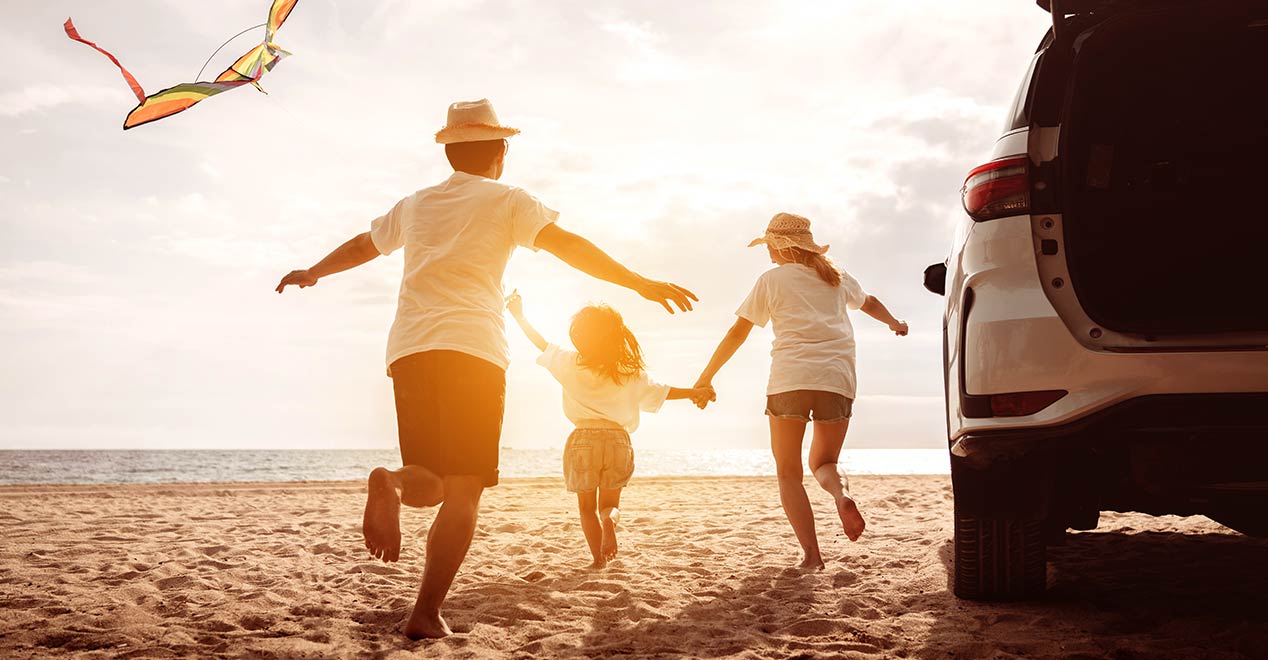Heading off for a vacation is an exciting time filled with anticipation and relaxation. However, amidst the excitement, it's easy to forget about the energy consumption back home. Leaving appliances running unnecessarily can not only rack up your energy bills but also harm the environment. Fear not! With a few simple adjustments and conscious decisions, you can significantly reduce your energy usage while you soak up the sun. Here are some handy tips to help you minimize energy consumption while on vacation.
Unplug Electronics
Before you jet off, take a walk around your home and unplug any electronic devices that won't be in use while you're away. This includes TVs, computers, gaming consoles, and kitchen appliances. Even when turned off, these devices can still draw power in standby mode, contributing to "phantom" energy consumption. By unplugging them, you'll eliminate this unnecessary energy drain and save money on your utility bills.
Set Thermostat to Vacation Mode
Adjusting your thermostat can make a significant difference in energy consumption while you're away. Instead of leaving it at your normal comfort level, switch it to vacation mode or set it to a temperature that's appropriate for the season. During the winter, aim for around 55-60°F (12-15°C) to prevent pipes from freezing, while in the summer, set it a few degrees higher to reduce the workload on your air conditioning system.
Install Timers for Lights
Leaving lights on during your absence not only wastes electricity but also signals to potential intruders that no one is home. Install timers on your indoor and outdoor lights to mimic your regular routines. Set them to turn on and off at different times throughout the evening to create the illusion that someone is still home. Smart home technology makes it even easier to control your lights remotely via smartphone apps, giving you peace of mind while you're away.
Adjust Water Heater Settings
Your water heater continues to heat water even when you're not around to use it. Lowering the temperature setting on your water heater can help conserve energy while you're on vacation. Most water heaters have a vacation or "low" setting specifically designed for this purpose. If yours doesn't, simply turning it down to the lowest setting will suffice. Just remember to adjust it back to your preferred temperature when you return.
Seal Windows and Doors
Drafty windows and doors can let warm air in during the summer and allow heat to escape during the winter, forcing your HVAC system to work harder to maintain a comfortable temperature. Before leaving for vacation, inspect your windows and doors for any gaps or leaks and seal them accordingly. Weatherstripping and caulking are inexpensive solutions that can make a big difference in your home's energy efficiency.
Clean Refrigerator and Freezer
Emptying and unplugging your refrigerator and freezer might seem like overkill for a short vacation, but if you're going away for an extended period, it's worth considering. Before doing so, make sure to consume or discard any perishable items to prevent food spoilage and odors. Once emptied, give both appliances a thorough cleaning to remove any lingering crumbs or spills. Prop the doors open slightly to prevent mildew growth and save energy.
Utilize Energy-Saving Features
If you have energy-saving features on your appliances, make sure to activate them before leaving. Many modern appliances come with "eco" or "energy-saving" modes that optimize performance while conserving energy. Additionally, some smart thermostats and power strips have vacation settings that help minimize energy usage during your absence. Take advantage of these features to maximize your energy savings without sacrificing convenience.
Inform Trusted Neighbors
Lastly, consider informing a trusted neighbor or friend that you'll be away and ask them to keep an eye on your home. Not only can they alert you to any potential issues, such as a leaky pipe or suspicious activity, but they can also help with tasks like collecting mail and newspapers, further reducing the appearance of an empty house.
By following these tips, you can enjoy your vacation with peace of mind knowing that you're not wasting energy back home. Not only will you save money on your utility bills, but you'll also reduce your environmental footprint. So, before you embark on your next adventure, take a few minutes to implement these energy-saving measures and make a positive impact while you're away.
Safe travels!
